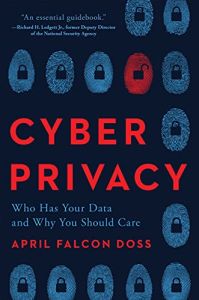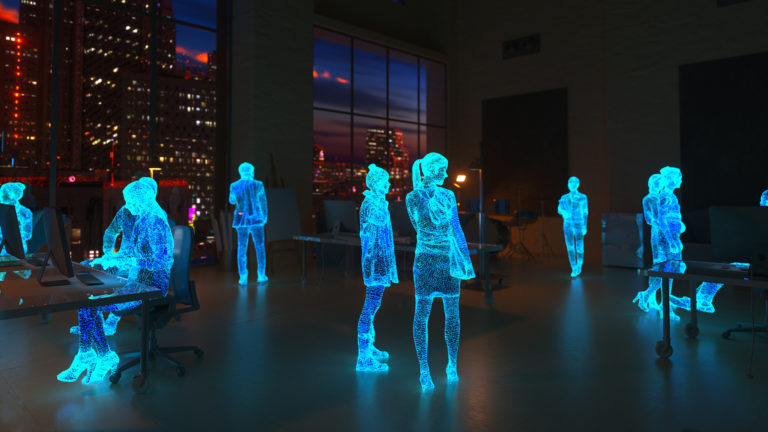Join getAbstract to access the summary!

Join getAbstract to access the summary!
April Falcon Doss
Cyber Privacy
Who Has Your Data and Why You Should Care
BenBella, 2020
What's inside?
When it comes to your data, you may be paranoid, but you’re probably not paranoid enough.
Recommendation
Every time you type a search phrase into Google, click like on a friend’s post on Facebook or scroll through Instagram, you create a data trail. Big Tech companies harvest your online travels, analyze them and sell the information to advertisers. In this intriguing study, former National Security Agency (NSA) official April Falcon Doss walks readers through the practical and legal ramifications of the data revolution. She delves into Silicon Valley’s data machine, and describes how government agencies are – and aren’t – exploiting data for law enforcement. While Doss takes pains not to be an alarmist, her wide-ranging report should alarm you – profoundly.
Summary
About the Author
April Falcon Doss is former senior minority counsel for the Russia investigation in the US Senate Select Committee on Intelligence. She currently serves as Executive Director, Georgetown Institute for Tech Law & Policy.



















Comment on this summary